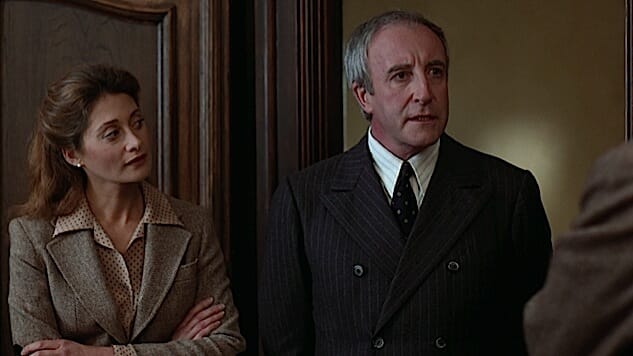The Privilege of Being There
How a 1979 movie understood the System better than the Internet does today

There’s a conversation—or a shouting match—going on about white privilege that would have seemed impossible twenty years ago. It’s boiled to the surface for a reason that we didn’t foresee but probably should have: These days, when the system treats a person of color with deadly cruelty, it goes up on YouTube. It’s turned Ferguson and Baltimore into riot zones and ousted the state’s attorneys of major urban counties in Illinois and Ohio. It has quantifiably influenced the rhetoric of the race for president. As more artists and production companies take strides to be aware of thinking outside the default-white-male-protagonist box, their efforts have sent ripples through the fandoms surrounding video games and science fiction novels.
I’m a half-white male from one of the most affluent and cloistered corners of wretched Midwestern Suburbia, yet I’m also a first-generation American on one side of the family, so please trust me when I say that this is a conversation we need to be having. I understand why people who grew up in areas like the one I did—top-rated school, suffocating property taxes on McMansions, a public library with a teen section that looks like it could stand in for the Xavier School on film, and of course, white as snow—are made uncomfortable by this conversation. But it’s been coming for decades, if you’ve been bothering to pay attention. And a Peter Sellers movie was already clear on the concept back in 1979.
-

-

-

-

-

-

-

-

-

-

-

-

-

-

-

-

-

-

-

-

-

-

-

-

-

-

-

-

-

-

-

-

-

-

-

-

-

-

-

-








































